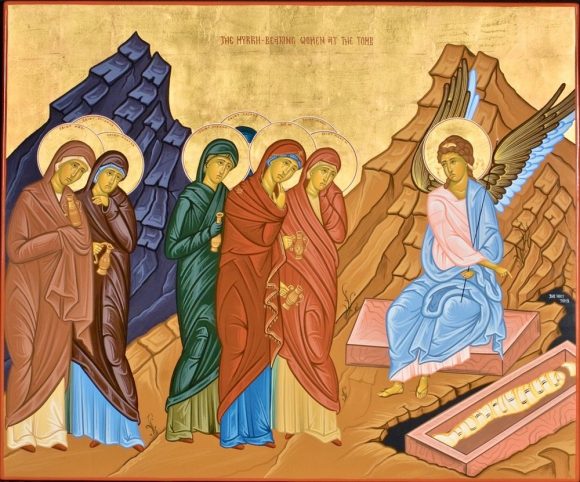The Resurrectional troparion (in the Ukrainian tone), the catechetical resources for the children AND the Gospel reflection with Melkite Father Hezekias and Sebastian are found here.
Christ is risen!
Pages: 1 2

The Resurrectional troparion (in the Ukrainian tone), the catechetical resources for the children AND the Gospel reflection with Melkite Father Hezekias and Sebastian are found here.
Christ is risen!